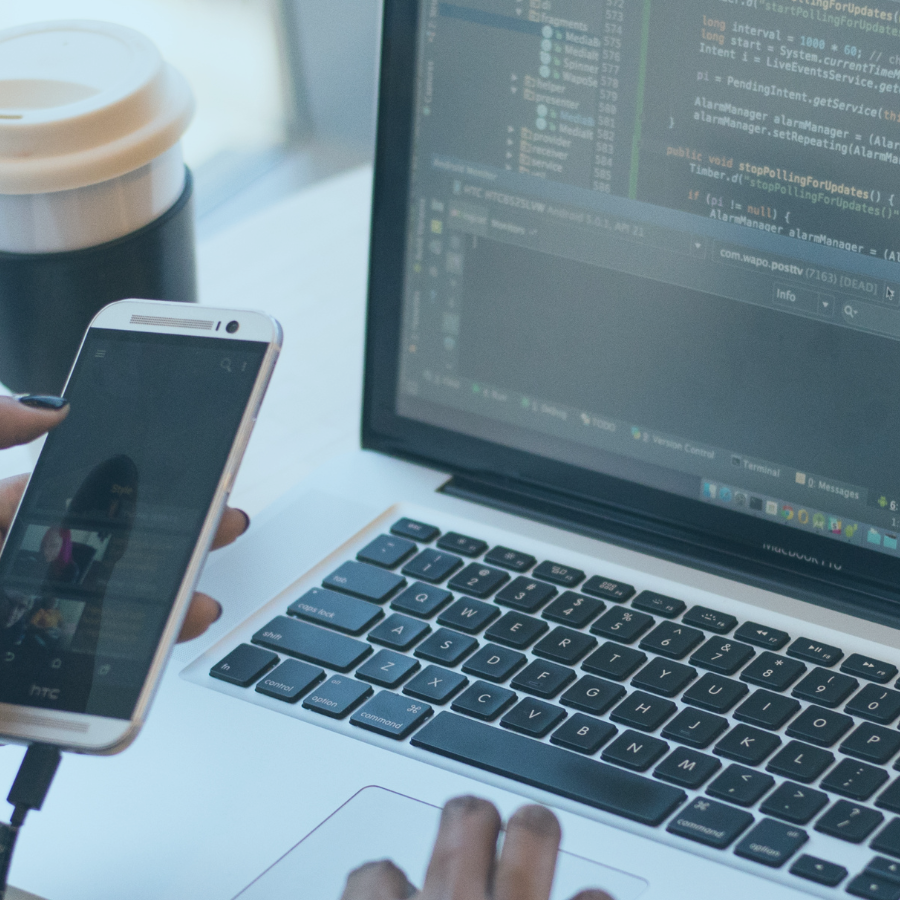This post may include affiliate links, which means we make a small commission on any sales. This commission helps Feminist Book Club pay our contributors, so thanks for supporting small, independent media!
A few weeks ago, I read Careless People by Sarah Wynn-Williams, a former Meta executive who worked at the company from 2011 to 2017. In it, Wynn-Williams delivers an exposé on the inner workings of Meta (then Facebook) and the toxicity that permeated the organization. She offers a firsthand perspective on what it looked like to build one of the world’s largest companies: the good, the bad, and the ugly. From her account (whether navigating her maternity leave or fending off sexual harassment from colleagues and bosses), it was mostly bad and ugly.
This begs the larger question: Despite the lip service paid to their social impact, how does Big Tech believe it’s helping marginalized communities? And is it ultimately doing more harm than good?
Facebook and Internet.org
In Careless People, a lot of space was given to Facebook’s social impact initiative, Internet.org, which aimed to bring free internet to marginalized communities around the world. As Zuckerberg stated, “Everyone should be entitled to free basic internet service.” The mission promised to widen access to resources, education, and opportunity, ultimately improving people’s daily lives.
Have you heard of Internet.org? Probably not… because it never actually happened.
Facebook (now Meta) launched Internet.org with the stated goal of connecting people globally through free internet access. Zuckerberg believed that “if you know something, then you can share that, and then the whole world gets richer.” While the idea seemed noble, the execution fell far short of its grand vision. And frankly, shouldn’t we prioritize world hunger? Poverty? The wage gap? Clean water? There are plenty of urgent issues that arguably deserve more immediate attention.
The real failure began when Zuckerberg used Internet.org to elevate Facebook’s public image.
In 2015, during Facebook’s meteoric rise and under the leadership of public policy head Sarah Wynn-Williams, Zuckerberg attended the United Nations Private Sector Forum. There, he tried to gain favor with skeptical world leaders — including Germany’s former chancellor, Angela Merkel — by announcing that Internet.org would begin serving refugee camps, free of charge. According to Careless People, this announcement blindsided Facebook’s team. They had never discussed such an expansion and had no internal plan to implement it. That’s when Wynn-Williams realized it wasn’t a social impact project — it was a PR stunt. Did Zuckerberg mean well? Maybe. But making public commitments without a plan to follow through? That’s not just careless; it’s reckless.
This isn’t the first (or unfortunately last) time Big Tech has taken advantage of marginalized communities to bolster its image.
How Big Tech Continues to Fail Marginalized Communities
Take Amazon, for example. A 2021 investigation by Consumer Reports found that most Amazon warehouses sit in neighborhoods with disproportionately high numbers of low-income residents and people of color. These massive facilities bring nonstop truck traffic, pollution, and noise, often within blocks of homes, playgrounds, and schools. In Chicago’s Gage Park, where nearly 90% of residents are Hispanic, one local reported cracks in his house caused by the rumble of daily delivery trucks.
Meanwhile, Amazon’s retail stores and Whole Foods locations appear more frequently in affluent, white neighborhoods. This pattern of environmental racism — disguised as economic development — shows how Big Tech exploits systemic inequalities to fuel its empire, while leaving frontline communities to bear the cost.
Why Does This Matter, and What Can We Do About It?
Why does this matter? Big Tech is woven into our everyday lives. I’m typing this article on an Apple MacBook. I regularly order from Amazon (though I try to support small businesses when I can). And yes, I still have a Facebook account.
Although it may feel impossible to untangle ourselves from Big Tech, we must recognize that its influence goes far beyond the products we use. Its impact on marginalized communities — through failed social programs and performative, Trojan Horse-style initiatives — deserves scrutiny. Only then can we make informed choices about how to engage with these companies.
So what can we do? First, stay informed. Know where your products come from, who pays the price for your convenience, and what companies do behind the scenes. Support legislation that holds corporations accountable for environmental and racial injustice. Demand transparency and community input before new facilities are approved. And when possible, shop from local businesses that invest in, not exploit, their communities.
Big Tech won’t change unless we demand it.
Sources – Internet.org
- Internet.org
- A former Meta employee reviews the new Facebook memoir
- What Happened to Facebook’s Grand Plan to Wire the World?
- Mark Zuckerberg Announces Project to Connect Refugee Camps to the Internet
- When Amazon Expands, These Communities Pay the Price
Further Reading
- Careless People: A Cautionary Tale of Power, Greed, and Lost Idealism by Sarah Wynn-Williams
- Uncanny Valley by Anna Wiener
- Equity: How to Design Organizations Where Everyone Thrives by Minal Bopaiah


I just finished this book two days ago! It’s great to read your informed takeaways that are more sophisticated than my reaction. 😆 I deleted my Facebook account a couple months ago, but if I hadn’t, this book would have pushed me over the edge. My family watched the movie Mountainhead the other day, too, and it was head-spinning how much the book and the movie seemed like they were talking to each other. If readers suspected tech bros were arrogant dumbasses, they would be proved right by these two works.